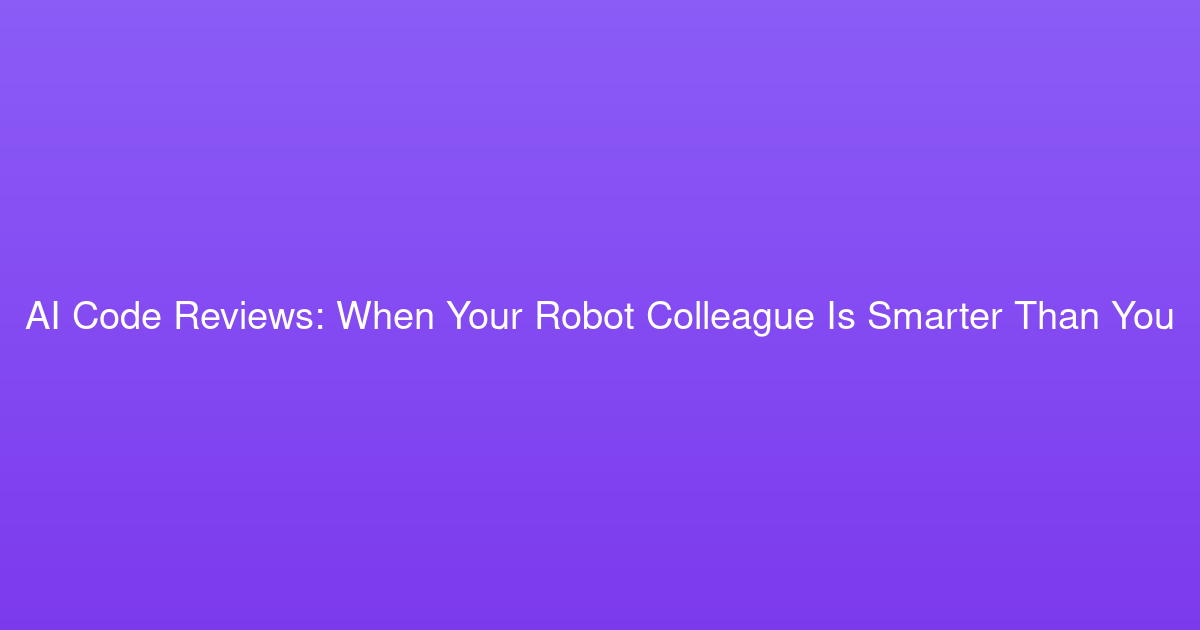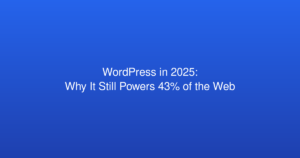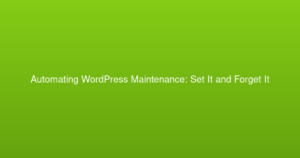AI Code Reviews: When Your Robot Colleague Is Smarter Than You
AI isn’t just writing code anymore—it’s reviewing it better than humans. Here’s what that means for developers.

AI Code Reviews: When Your Robot Colleague Is Smarter Than You
Published: October 1, 2025
Last week, Claude caught a security vulnerability in my WordPress plugin that I’d missed in three manual reviews. It was a subtle SQL injection risk in a dynamic query builder—the kind of thing that’s easy to overlook when you’re focused on functionality. The AI spotted it instantly and suggested a fix using prepared statements. I felt simultaneously grateful and slightly insulted.
This is the new reality of code reviews: AI assistants that can analyze code faster than humans, spot patterns we miss, and sometimes understand our own code better than we do. It’s both humbling and incredibly useful. Here’s what I’ve learned from six months of letting robots review my work.
The AI Advantage in Code Reviews
AI code reviewers have superpowers that human reviewers don’t:
**Perfect memory:** They remember every coding standard, security best practice, and performance optimization technique. Humans forget details or have gaps in knowledge.
**Pattern recognition:** AI can spot subtle bugs that emerge from complex interactions between different parts of the codebase. Humans get overwhelmed by complexity.
**Consistency:** They apply the same standards every time. Human reviewers have bad days, distractions, and varying levels of attention to detail.
**Speed:** A comprehensive AI review takes seconds. Human reviews take hours or days, creating development bottlenecks.
**No ego:** AI won’t get defensive about suggestions or worry about hurting feelings. They just focus on improving code quality.
What AI Code Reviews Actually Catch
After running hundreds of AI code reviews, I’ve noticed they excel at specific categories of issues:
**Security vulnerabilities:** SQL injection, XSS risks, insecure direct object references, missing input validation. AI has been trained on thousands of security bugs and recognizes patterns instantly.
**Performance issues:** Inefficient database queries, memory leaks, unnecessary loops, blocking operations. They understand computational complexity better than most developers.
**WordPress-specific problems:** Improper hook usage, missing sanitization, incorrect capability checks, performance-killing queries. AI understands WordPress conventions deeply.
**Code style violations:** Inconsistent formatting, naming conventions, missing documentation. They’re pedantically perfect at following style guides.
**Logic errors:** Unreachable code, infinite loops, incorrect conditional logic. They trace execution paths more systematically than humans.
My AI Code Review Workflow
I’ve developed a process that combines AI efficiency with human judgment:
**Step 1: Initial AI Review**
I paste code into Claude or ChatGPT with a prompt like: “Review this WordPress code for security vulnerabilities, performance issues, and best practices violations. Explain any problems and suggest fixes.”
**Step 2: Categorize Feedback**
AI reviews often include everything from critical security issues to minor style preferences. I sort feedback into: Must Fix, Should Fix, and Nice to Have.
**Step 3: Implement Critical Fixes**
Security vulnerabilities and performance issues get immediate attention. These are usually legitimate problems that I missed.
**Step 4: Human Judgment on Style Issues**
AI might suggest renaming variables or restructuring functions. Sometimes these suggestions improve readability; sometimes they’re just different, not better.
**Step 5: Final Human Review**
I do a final pass to ensure the code still makes sense as a cohesive whole. AI can optimize individual functions but might miss larger architectural concerns.
Where AI Reviews Fall Short
AI code reviewers aren’t perfect. They have consistent blind spots:
**Business logic understanding:** AI can tell you a function is inefficient, but it can’t tell you if it solves the right business problem.
**User experience implications:** They understand code performance but not how performance impacts user workflows or conversion rates.
**Project context:** AI doesn’t know about legacy system constraints, client preferences, or technical debt decisions made for good reasons.
**Creative solutions:** They suggest conventional fixes but rarely propose innovative approaches to complex problems.
**False positives:** AI sometimes flags intentional code patterns as problems, especially in legacy codebases with unusual architectures.
The Claude vs ChatGPT Review Comparison
I’ve tested both Claude and ChatGPT extensively for code reviews. Each has strengths:
**Claude** provides more thorough, educational reviews. It explains not just what’s wrong, but why it’s wrong and how to prevent similar issues. Better for learning and understanding.
**ChatGPT** is faster and more focused on actionable fixes. It gets to the point quickly and provides concrete solutions. Better for production code reviews.
Both miss different types of issues, so I sometimes run reviews through both for critical code.
Team Adoption Challenges
Introducing AI code reviews to a team isn’t just about tools—it’s about changing culture:
**Developer resistance:** Some developers feel threatened by AI reviews or think they’re unnecessary. Start with opt-in adoption and let results speak for themselves.
**Review fatigue:** AI can generate overwhelming amounts of feedback. Focus on critical issues first and gradually raise standards for style and optimization.
**False confidence:** Teams might skip human reviews thinking AI caught everything. AI is a supplement to human judgment, not a replacement.
**Integration overhead:** Adding AI reviews to existing workflows requires process changes. Start with informal reviews before automating everything.
Practical Implementation Tips
**Start with high-risk code:** Use AI reviews for authentication, payment processing, and data handling code where bugs have serious consequences.
**Create standard prompts:** Develop consistent prompts that focus on your team’s priorities (security, performance, maintainability).
**Document common issues:** Keep a list of problems that AI frequently catches to help developers avoid them in the first place.
**Set realistic expectations:** AI reviews improve code quality but don’t eliminate the need for testing, staging, and human oversight.
The Learning Opportunity
The best part of AI code reviews isn’t just catching bugs—it’s the educational value. AI explanations help developers understand why certain patterns are problematic and how to write better code.
I’ve learned more about WordPress security best practices from AI reviews than from most tutorials. When AI explains why a particular function is vulnerable and shows the secure alternative, that knowledge sticks.
Junior developers especially benefit from AI reviews. It’s like having a senior developer available 24/7 to explain best practices and catch mistakes.
Cost-Benefit Analysis
AI code reviews cost about $20-50 per month for typical usage. Compare that to the cost of security vulnerabilities, performance problems, or bugs reaching production. The ROI is obvious.
For teams, the time savings alone justify the cost. Instead of waiting days for human code reviews, developers get instant feedback and can iterate faster.
The Future of Code Reviews
AI code reviews will only get better. They’re already being integrated directly into IDEs and version control systems. GitHub Copilot and similar tools provide real-time code suggestions as you type.
But human judgment will remain essential. AI can optimize code for technical metrics, but humans optimize code for business outcomes, maintainability, and team dynamics.
The future isn’t AI replacing human reviewers—it’s AI handling the mechanical aspects of code review so humans can focus on architecture, business logic, and strategic decisions.
Embracing Our Robot Colleagues
Yes, it’s occasionally humbling when an AI spots problems you missed. But it’s also liberating. Instead of spending mental energy on syntax and security patterns, you can focus on solving interesting problems and building great products.
AI code reviewers are like having a perfectionist colleague who never gets tired, never misses details, and never takes criticism personally. They make the whole team better by catching the boring mistakes so humans can focus on the creative challenges.
I’ve stopped feeling competitive with AI code reviewers and started feeling grateful. They help me write better code, learn new techniques, and avoid embarrassing bugs. That’s exactly what good colleagues should do, even if they happen to be made of algorithms instead of carbon.


